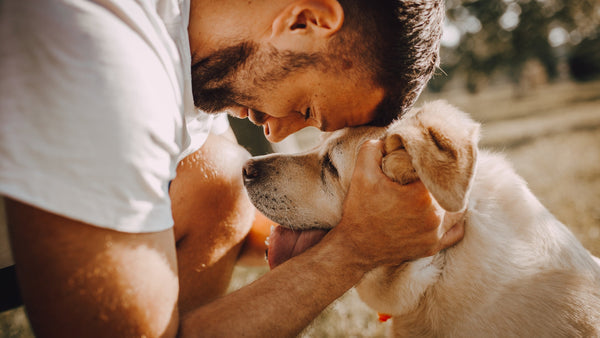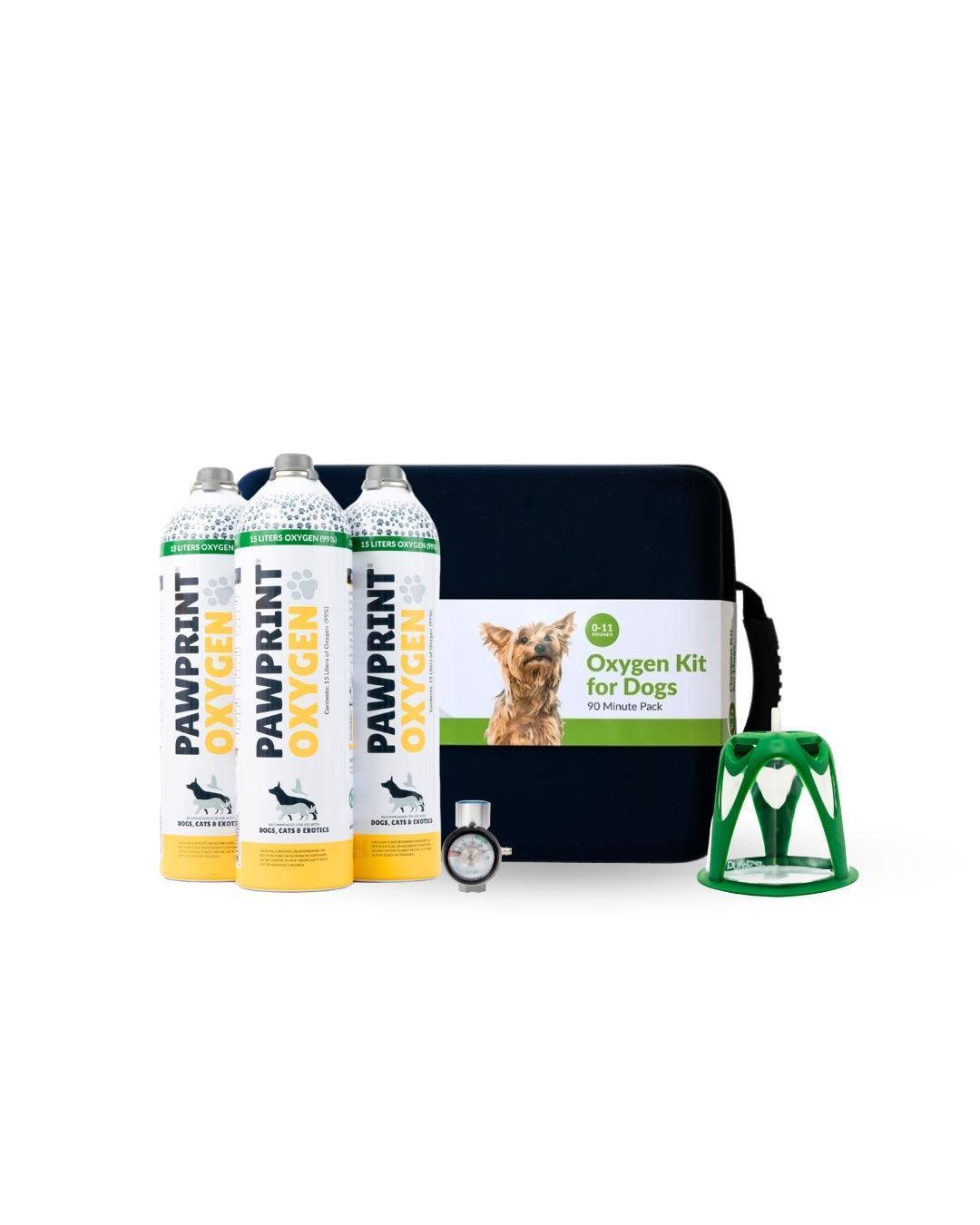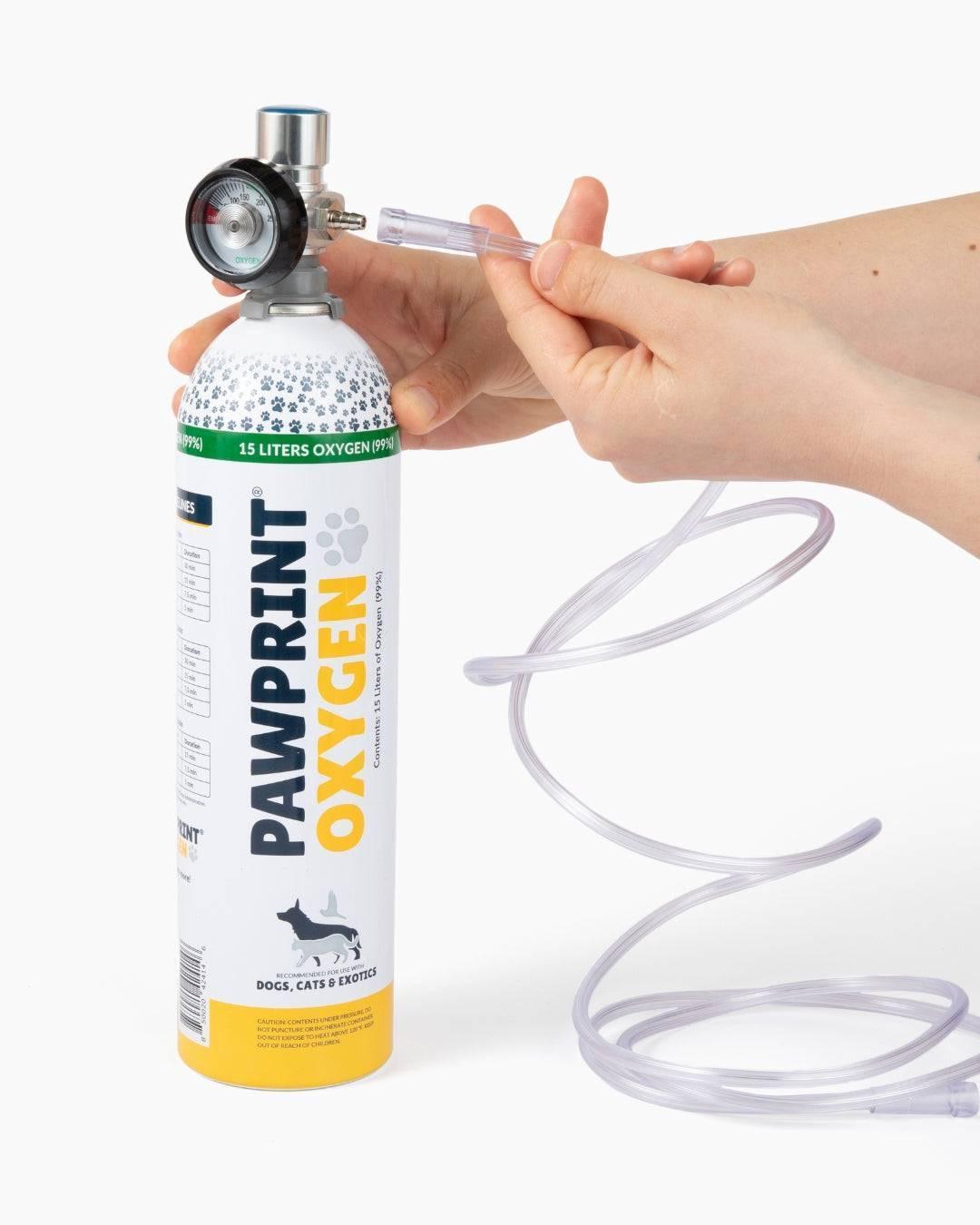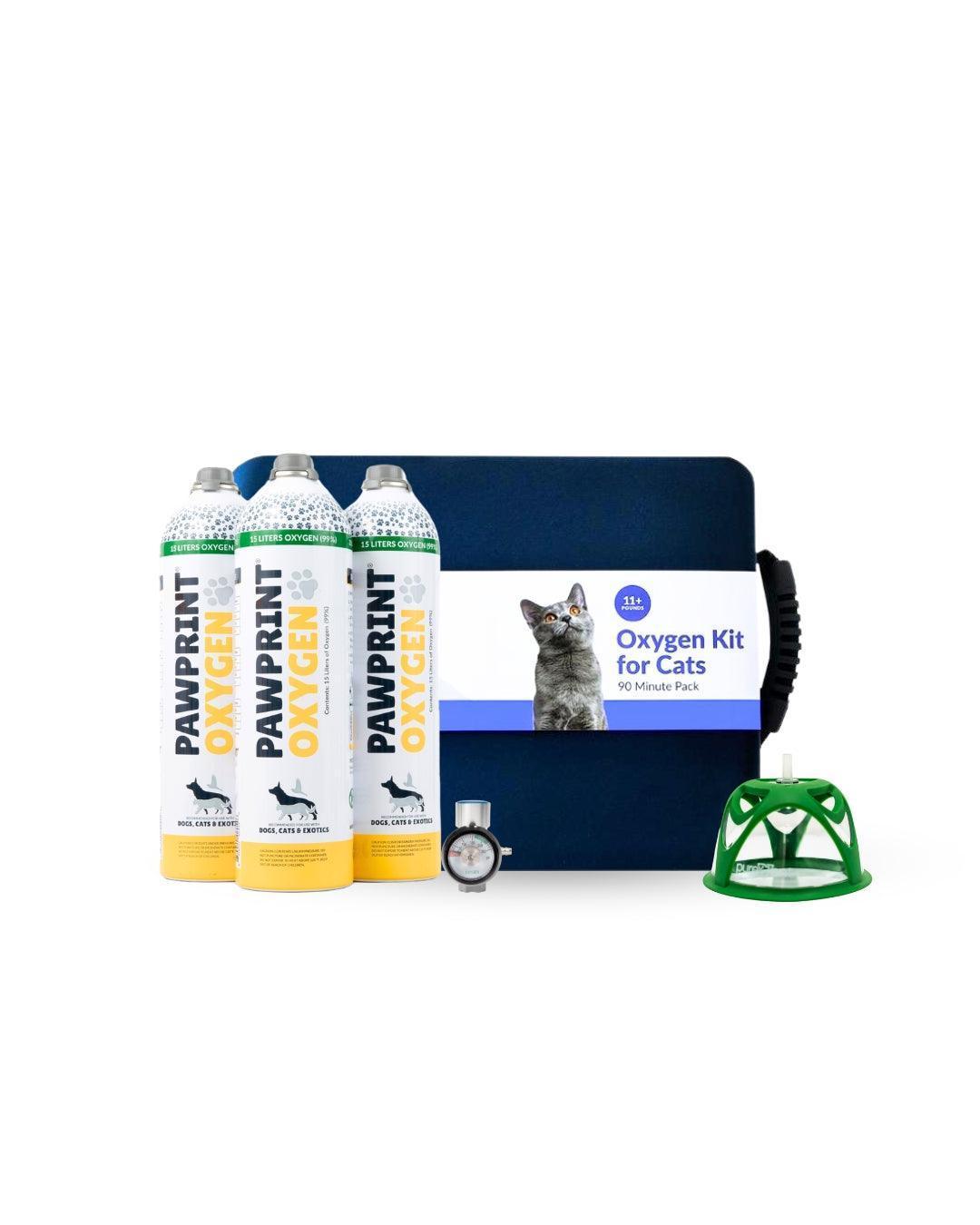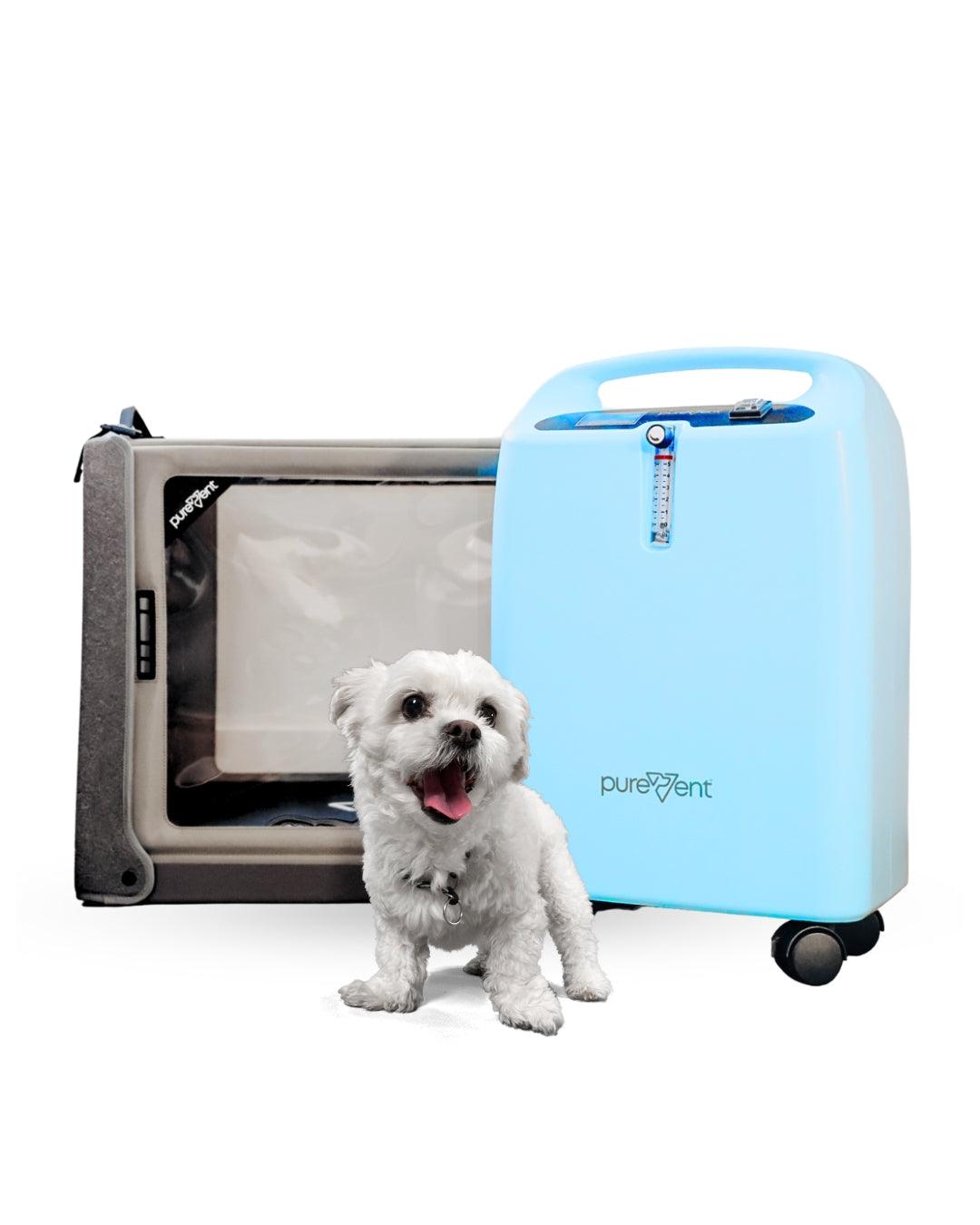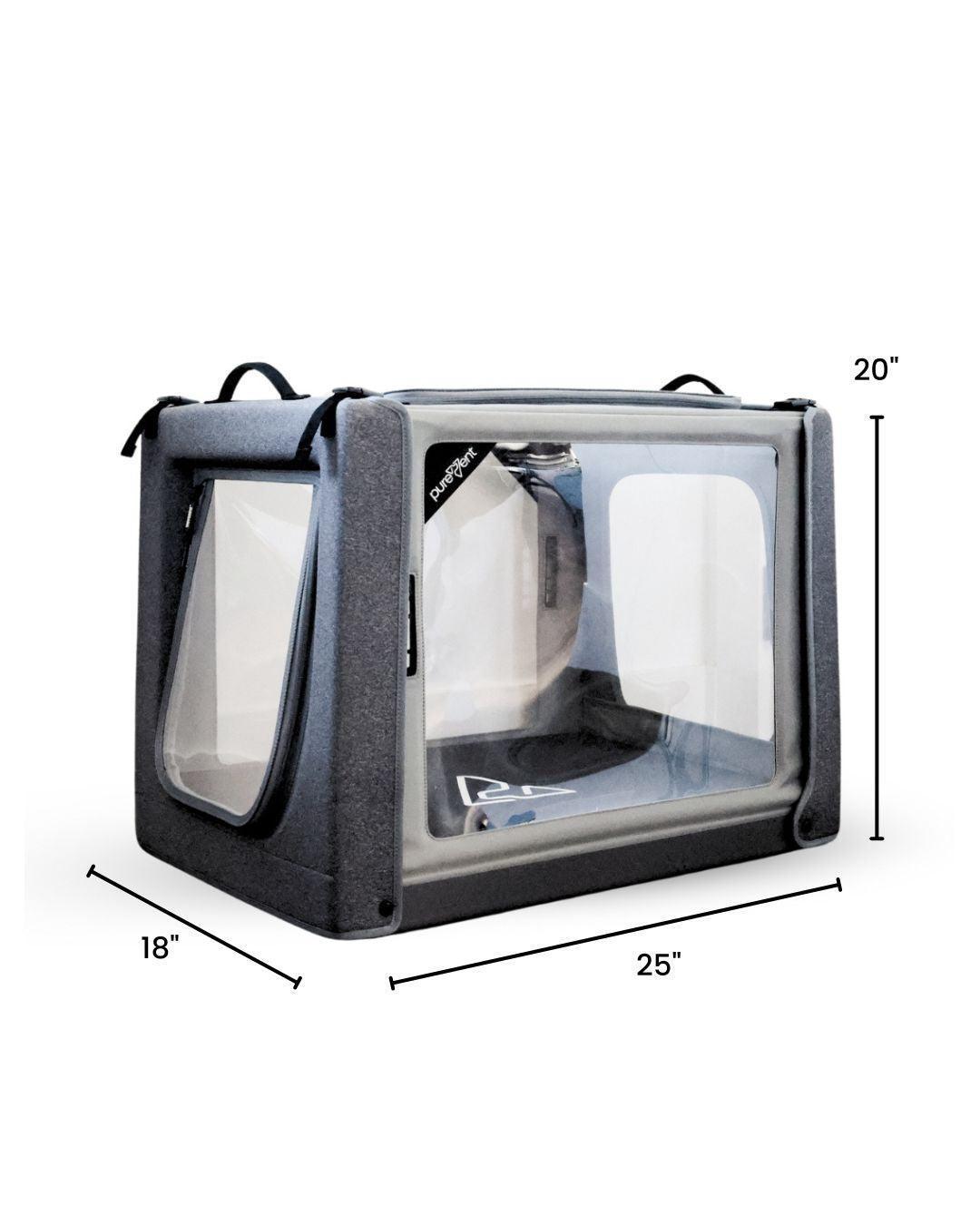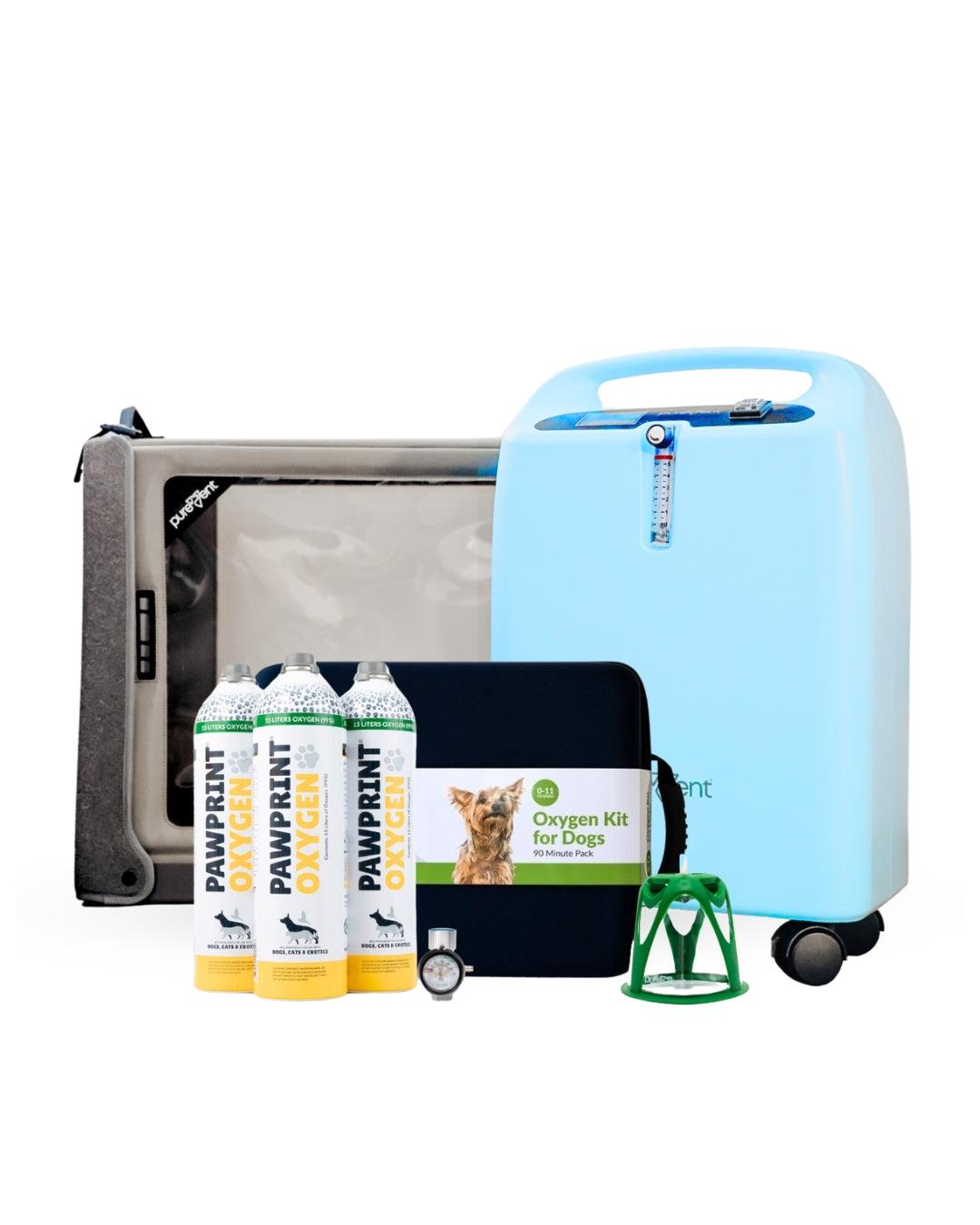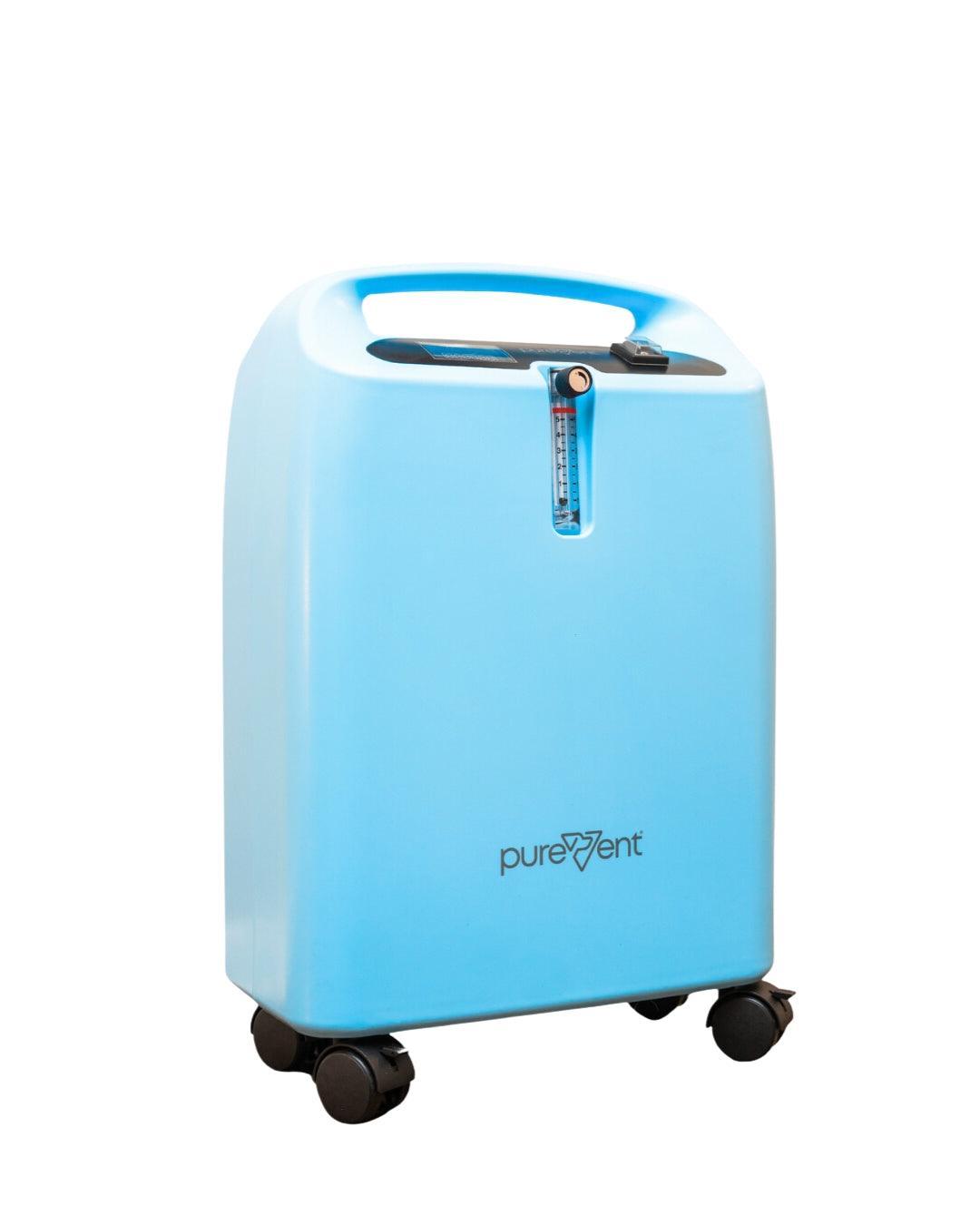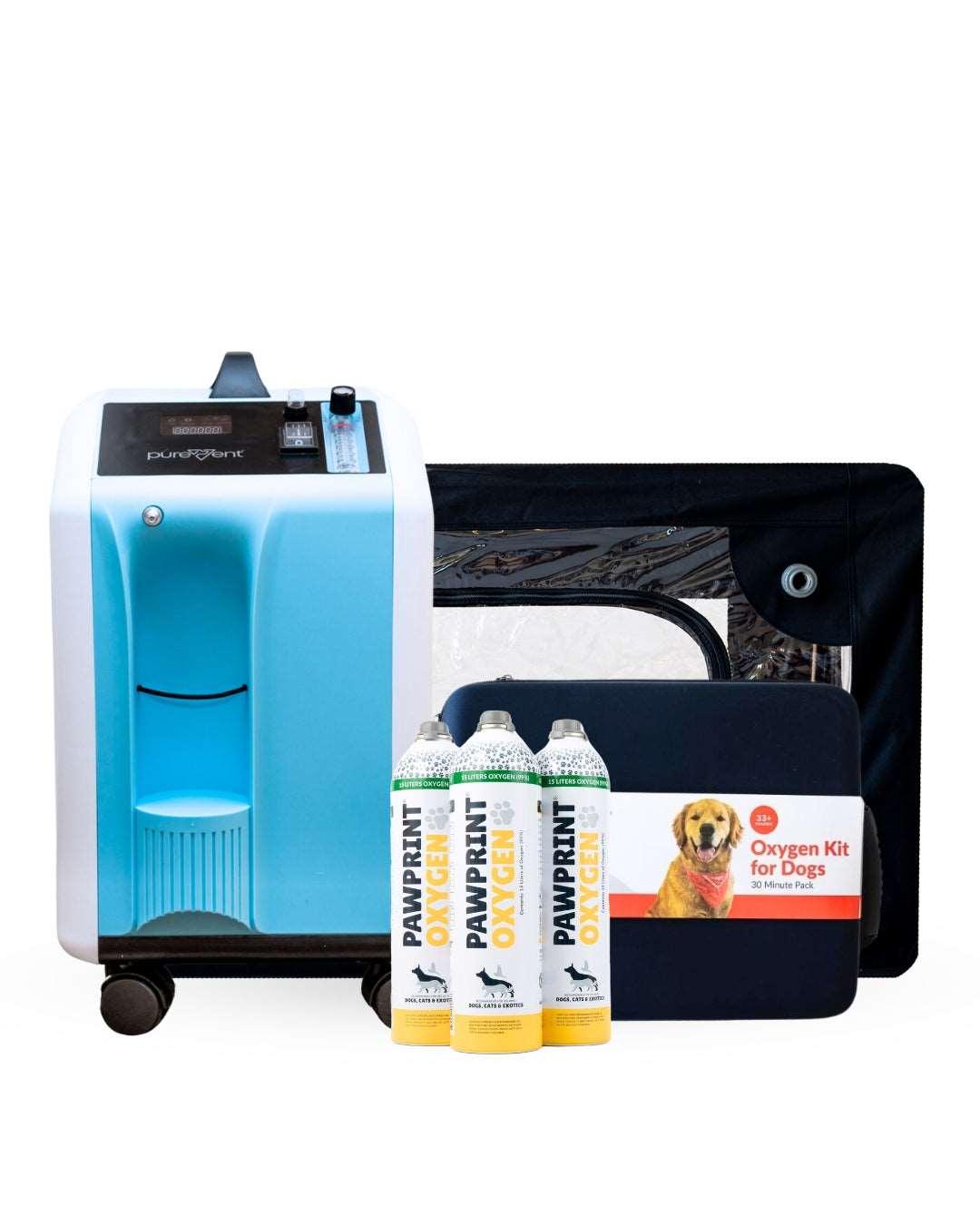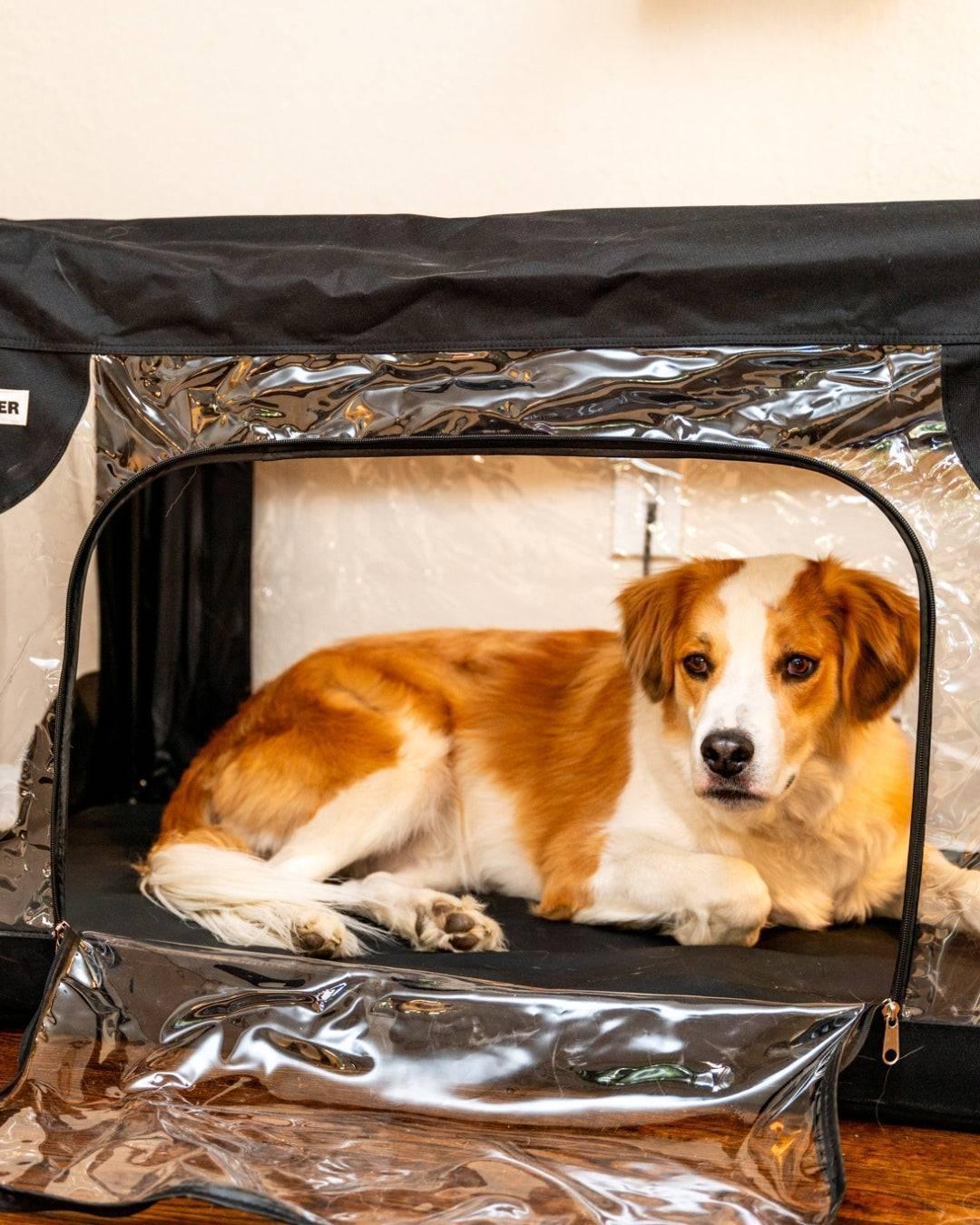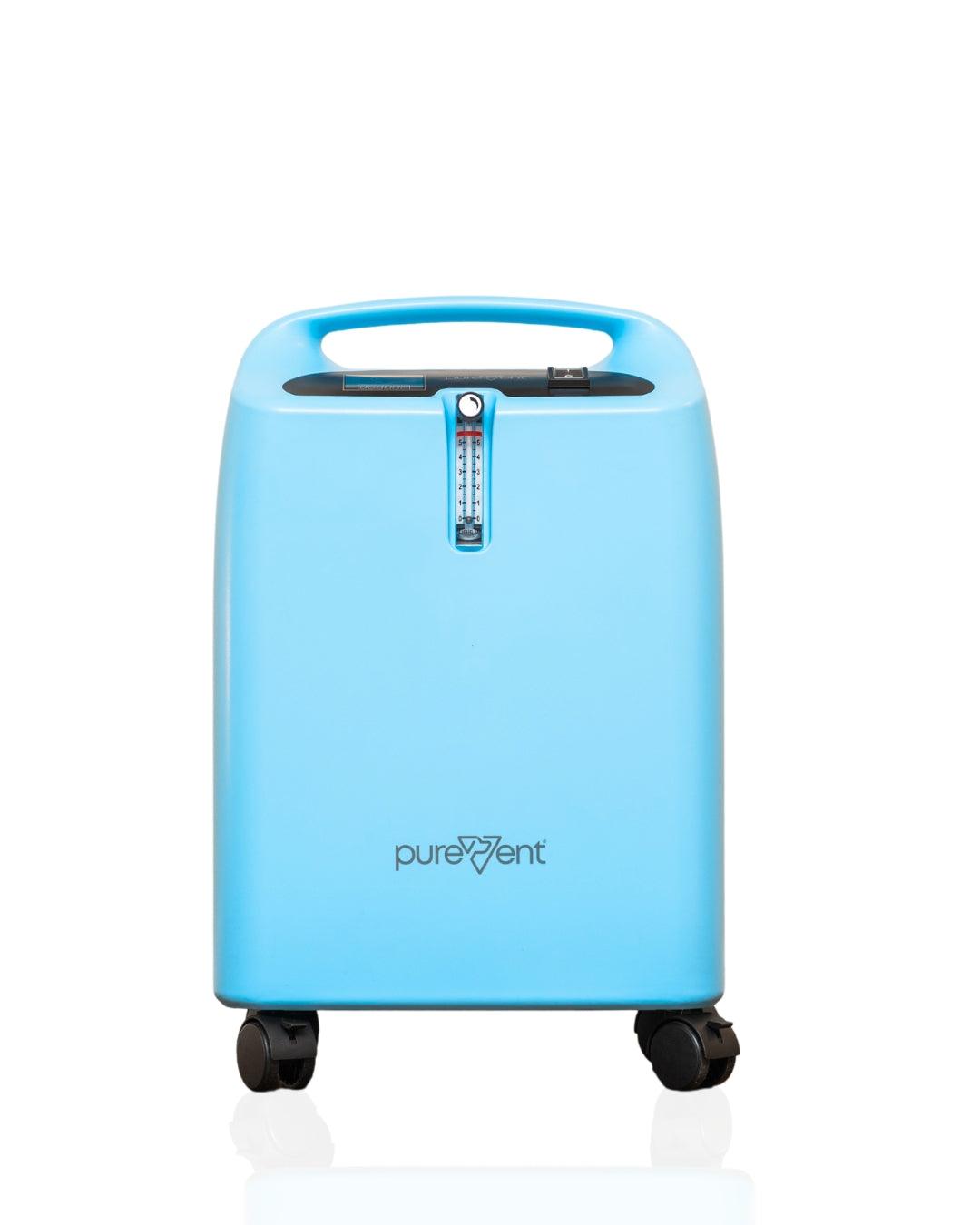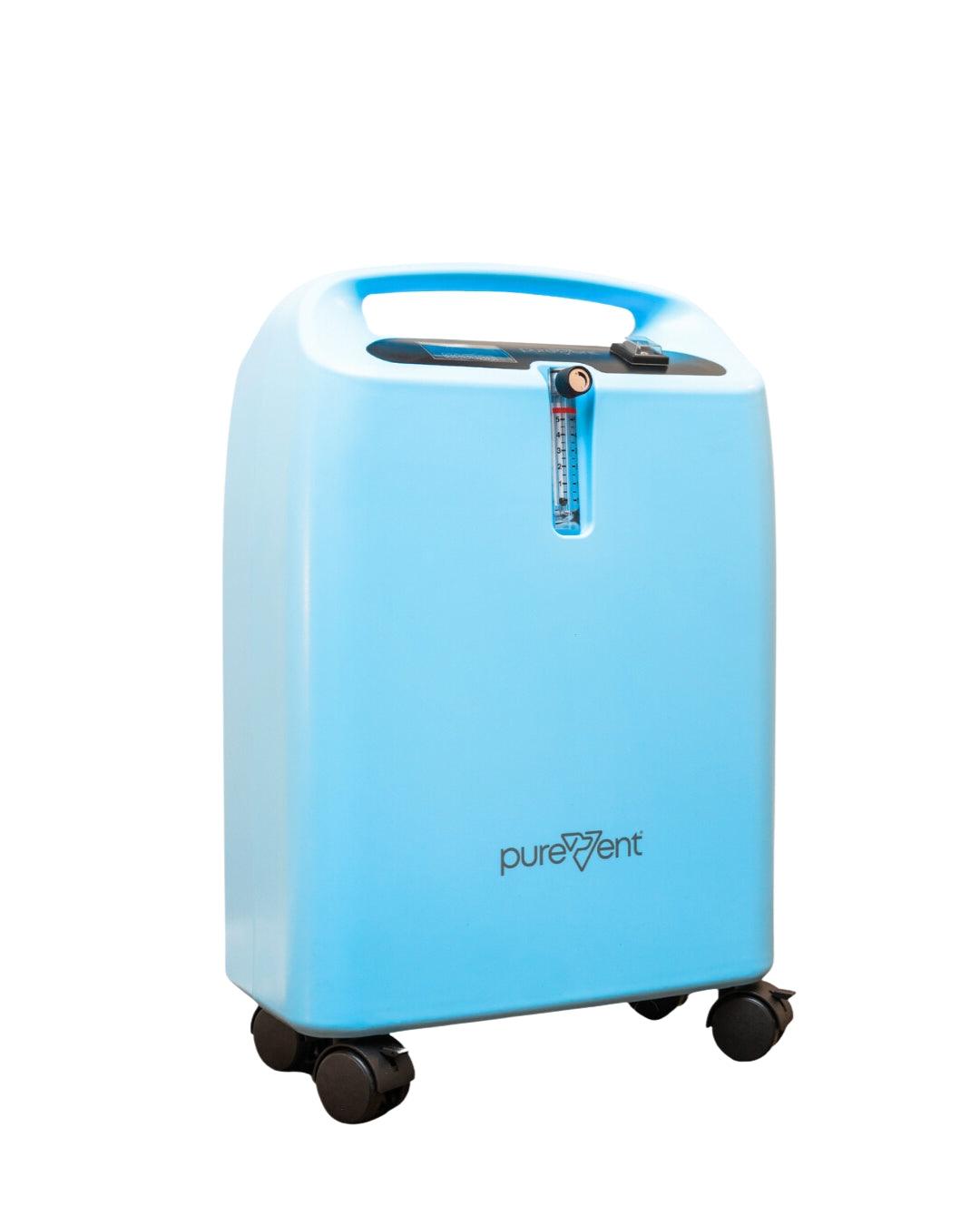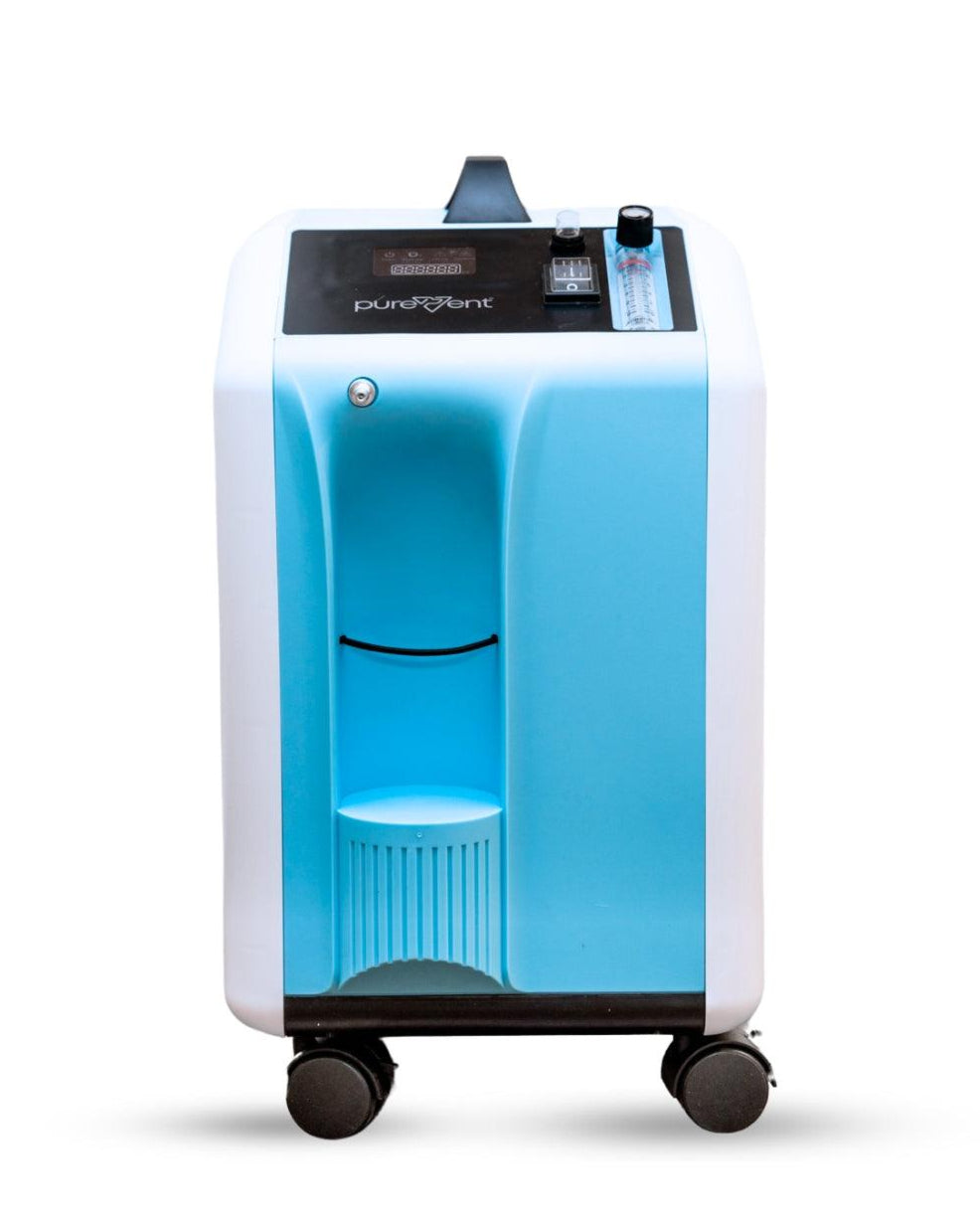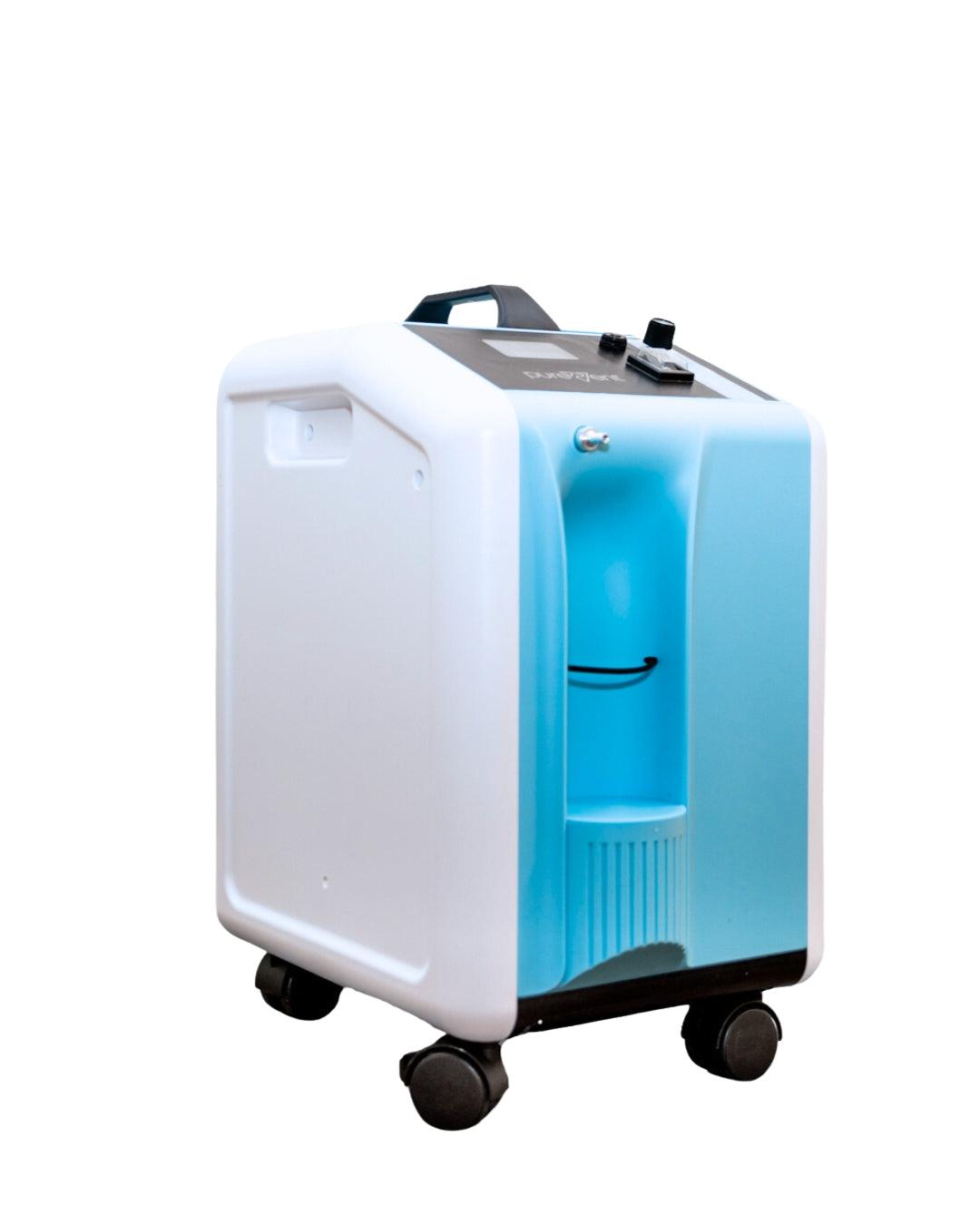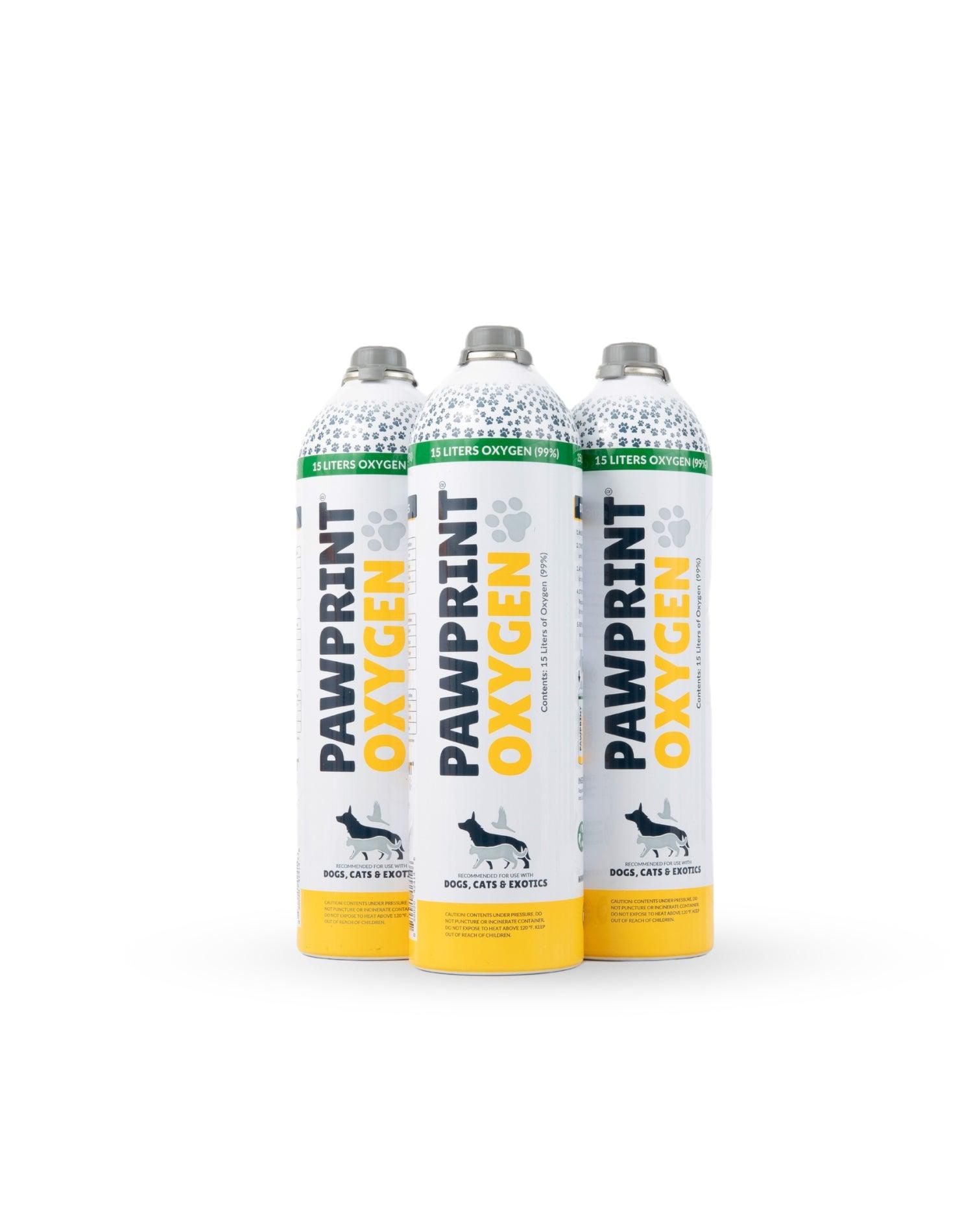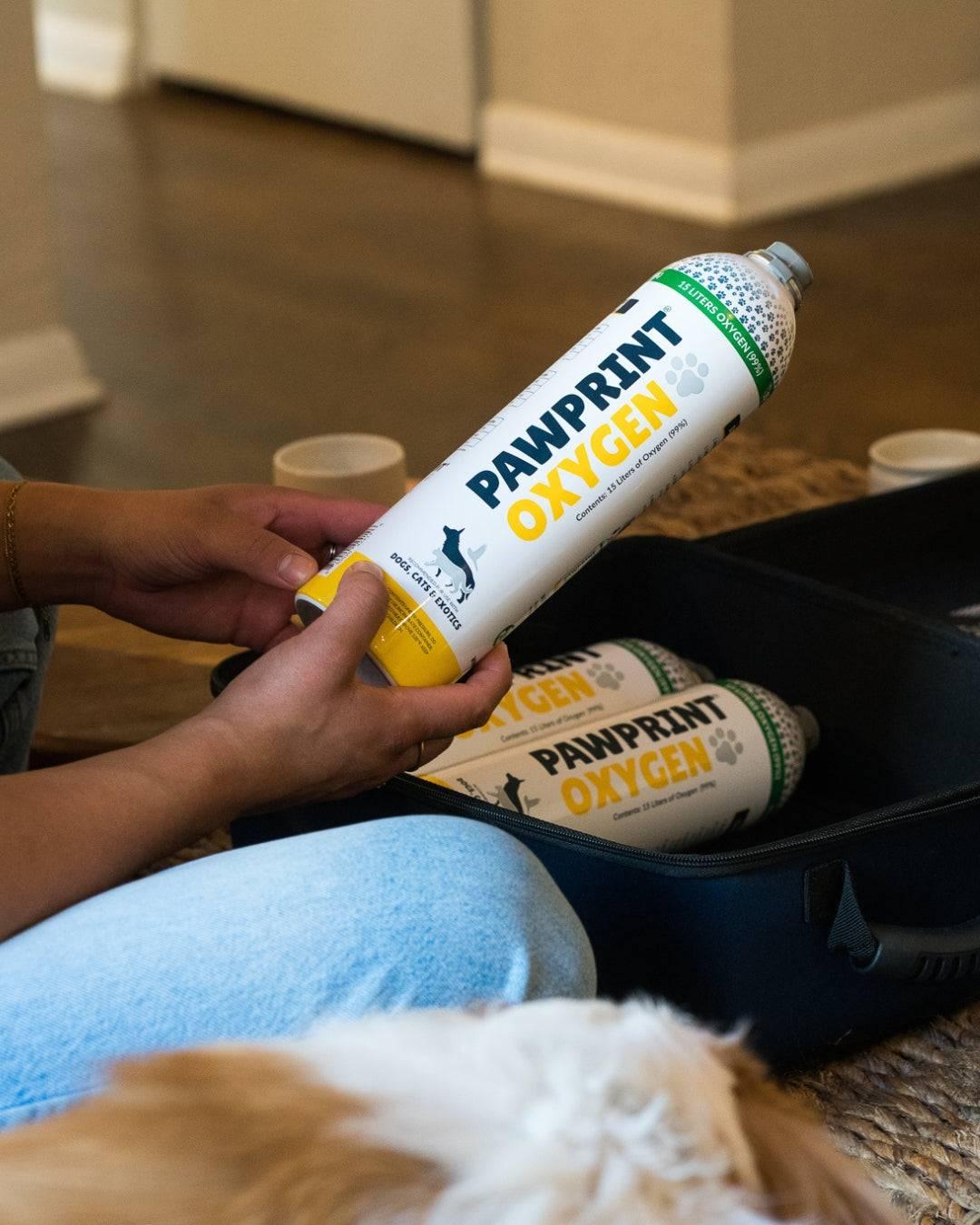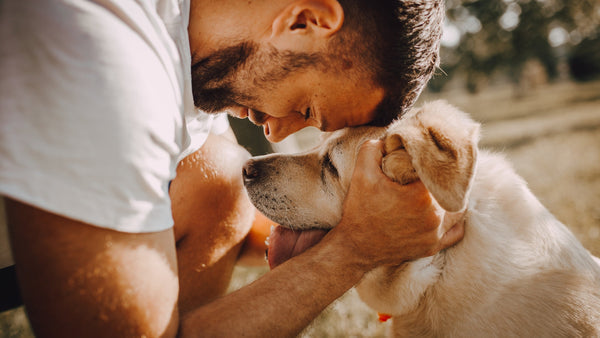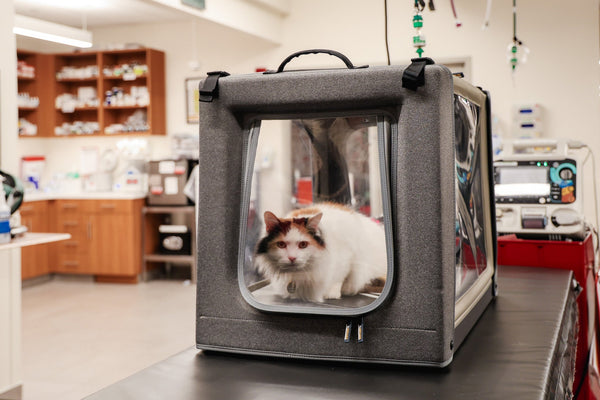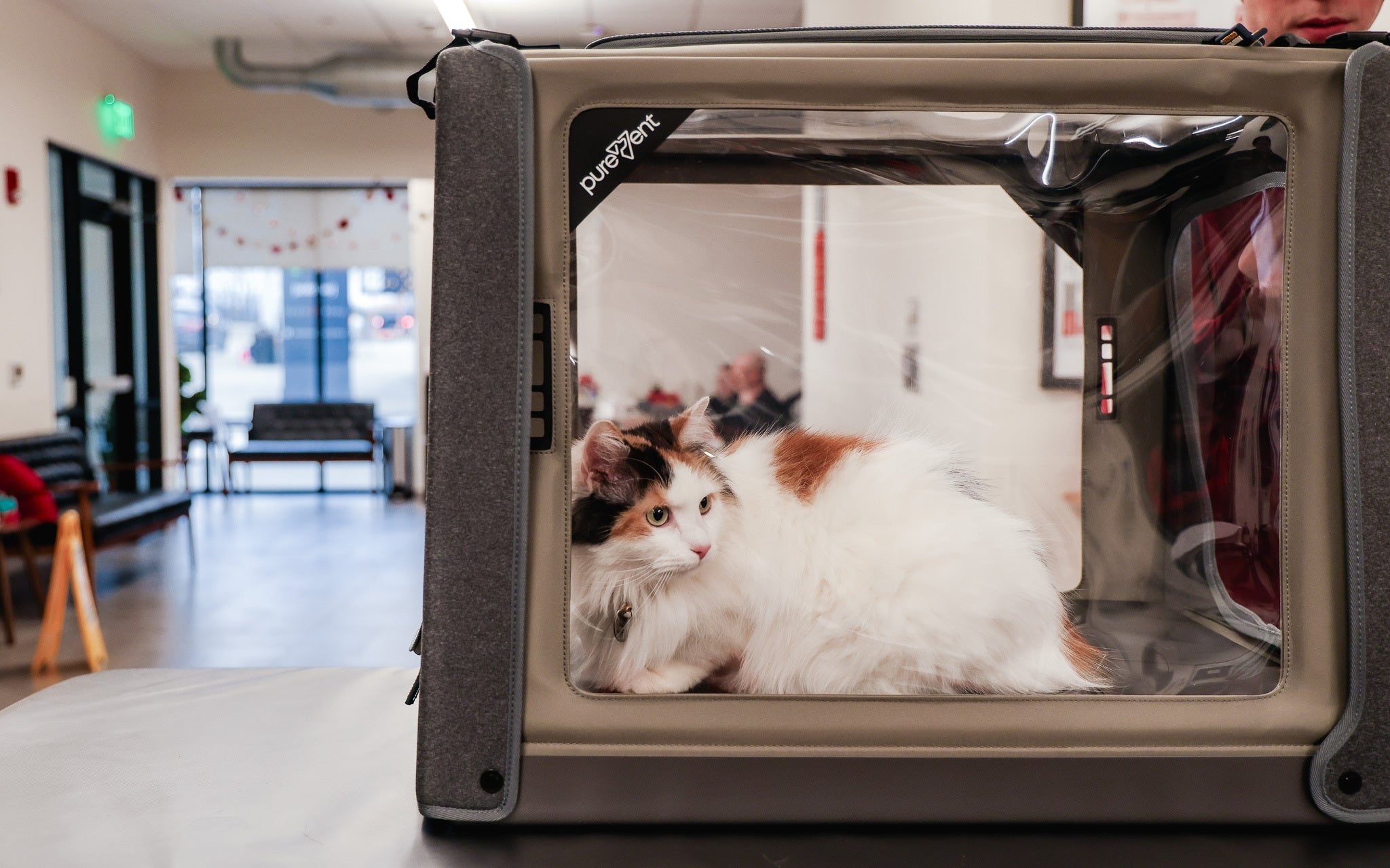If your dog suddenly develops a dry, hacking cough, it’s natural to wonder if it’s something as common as kennel cough—or a sign of something more serious. Kennel cough, also known as canine infectious tracheobronchitis, is a contagious respiratory illness that often affects dogs who have been in close contact with others at places like boarding facilities, groomers, or dog parks. In many cases, it’s mild and resolves on its own with a little rest and care at home.
However, not all coughing is kennel cough. Some respiratory and cardiac conditions can mimic or even worsen what appears to be a simple case. That’s why recognizing the subtle differences between mild symptoms and those that signal a more serious health issue is so important. In this article, we’ll help you understand the signs of kennel cough, when to worry, and how to know if it’s time to call your veterinarian. Being informed and attentive can make all the difference in protecting your dog’s health.
Table of Contents

What Is Kennel Cough?
Kennel cough, medically known as canine infectious tracheobronchitis, is a highly contagious respiratory illness that affects dogs of all ages and breeds. It’s most seen in environments where dogs are in close quarters—like boarding facilities, dog parks, grooming salons, or shelters. The condition is caused by a combination of viruses and bacteria, with the most common culprits being Bordetella bronchiseptica, canine parainfluenza virus, and canine adenovirus type 2.
Kennel cough spreads easily through airborne droplets, direct nose-to-nose contact, or shared objects such as water bowls, toys, and bedding. Much like the common cold in humans, it can travel quickly through a group of dogs, especially in areas with poor ventilation. While most cases are mild and self-limiting, understanding what kennel cough is—and how it’s transmitted—can help pet parents take the right steps toward prevention, early detection, and proper care.
Common Symptoms of Kennel Cough
The hallmark sign of kennel cough is a persistent, dry, honking cough that may sound like your dog is trying to clear something from their throat. Many pet parents describe it as a "goose-like" cough, and it often worsens with excitement, exercise, or pressure on the trachea (like pulling on a collar). In addition to coughing, dogs with kennel cough may experience gagging or retching, especially after coughing fits.
Other symptoms of kennel cough are usually mild and may include:
A dry, honking cough
Gagging or retching
Mild nasal discharge
Occasional sneezing
Mild lethargy
Normal appetite and energy levels
Typically no fever
Recognizing these classic signs can help you distinguish kennel cough from more serious illnesses—but monitoring for any changes or worsening symptoms is key.
Red Flags: When It Might Be More Serious
While kennel cough is typically mild and self-limiting, there are times when a simple cough may be a sign of a more serious underlying condition. As a pet parent, it’s important to know when your dog’s symptoms go beyond the scope of kennel cough and require veterinary attention. If your dog’s cough becomes more persistent or severe, or if additional symptoms develop, it could indicate complications like pneumonia, canine influenza, or even heart disease.
Watch closely for these warning signs:
- Persistent, worsening cough
- High fever
- Loss of appetite or refusal to eat
- Labored breathing or wheezing
- Lethargy or noticeable weakness
- Blue or purple gums and tongue (cyanosis)
- Vomiting or signs of pneumonia
- Coughing up blood or mucus
These symptoms should never be ignored. If you notice any of the above, contact your veterinarian right away. Prompt intervention can make a significant difference in your dog’s comfort and recovery.
What causes kennel cough—bacteria, viruses, or both?
Kennel cough is caused by both bacteria and viruses. It’s a highly contagious illness that often spreads in environments where dogs are in close contact, such as kennels, doggy daycares, and shelters. The most common bacterial culprit is Bordetella bronchiseptica, while viral contributors can include canine parainfluenza virus, canine adenovirus type 2, and canine influenza virus, among others.
These pathogens can act alone or in combination to compromise the respiratory tract, making dogs more vulnerable to secondary infections. This is why kennel cough can vary in severity—from a mild cough to more serious symptoms like lethargy, loss of appetite, and fever. Vaccinations and good hygiene practices are key to reducing the risk of infection.
Is kennel cough the same as a dog cold or flu?
Kennel cough is similar to a dog cold or flu in that it affects the respiratory system and can cause symptoms like coughing, sneezing, nasal discharge, and lethargy. However, kennel cough is not exactly the same—it’s a specific illness often caused by a combination of viruses and bacteria, most commonly Bordetella bronchiseptica and canine parainfluenza virus. It's highly contagious and typically spreads in places where dogs congregate.
In contrast, the term "dog cold" is a more general way to describe mild respiratory symptoms, while "dog flu" usually refers to a specific viral infection caused by canine influenza viruses like H3N8 or H3N2. So while the symptoms can overlap, kennel cough is its own distinct condition within the broader category of canine respiratory illnesses.
How often should my dog get the kennel cough vaccine?
Dogs should receive the kennel cough vaccine—commonly referred to as the Bordetella vaccine—once a year, though some veterinarians may recommend it every six months for dogs at higher risk, such as those who frequently visit boarding facilities, groomers, dog parks, or daycare centers. It's best to consult your veterinarian to determine the right schedule based on your dog’s lifestyle and exposure risk.

Conditions That Can Mimic or Worsen Kennel Cough
Coughing in dogs isn't always caused by kennel cough, and in some cases, what seems like a mild upper respiratory infection can actually be a symptom of a more serious underlying condition. Additionally, dogs who do have kennel cough may be at risk of developing complications or secondary infections that make their illness worse. Understanding these lookalike conditions can help pet parents know when to be more concerned.
Here are several conditions that can either mimic the symptoms of kennel cough or worsen its progression:
- Canine Influenza: This contagious virus can cause symptoms very similar to kennel cough, such as coughing, nasal discharge, and lethargy—but it often comes with a high fever, more severe respiratory signs, and longer recovery time.
- Pneumonia (bacterial, aspiration, or secondary): Pneumonia can develop as a complication of kennel cough, especially if the dog is young, elderly, or immune-compromised. Symptoms may start off mildly but can escalate into labored breathing, weakness, fever, and coughing up mucus or fluid.
- Collapsed Trachea: Common in small-breed dogs, this condition causes a goose-honking cough that can be mistaken for kennel cough. However, collapsed trachea is a structural issue rather than an infection, and it can be made worse by any respiratory illness, including kennel cough.
- Heart Disease: Heart conditions like congestive heart failure can also lead to chronic coughing due to fluid buildup in the lungs. These dogs may also show signs of fatigue, exercise intolerance, or difficulty breathing, which can overlap with or complicate a case of kennel cough.
- Distemper: Canine distemper is a serious viral illness that starts with coughing and nasal discharge, making it easy to confuse with kennel cough in the early stages. But it often progresses to include fever, vomiting, neurological signs, and even seizures.
- Foreign Body in the Throat: If a dog has something lodged in the airway or throat, like a piece of a toy or some grass, it can cause sudden, persistent coughing, gagging, and distress. This can be mistaken for kennel cough but needs urgent intervention.
- Allergies or Asthma-like Conditions: Environmental irritants, smoke, or allergens can trigger coughing and wheezing, much like kennel cough. Dogs with chronic bronchitis or asthma-like symptoms may have recurring or seasonal coughs that mimic an infection.
Each of these conditions shares overlapping signs with kennel cough, making diagnosis challenging without a veterinary evaluation. If your dog isn’t improving, or if symptoms escalate, it's important to rule out these more serious or complicating conditions with professional care.
When to Call the Vet
When in doubt, it’s always better to err on the side of caution. A quick check-up can rule out more serious issues and give you peace of mind—plus ensure your dog gets the care they need if the condition is more than just kennel cough.
While many cases of kennel cough resolve on their own with rest and supportive care, there are times when veterinary intervention is essential. If your dog’s symptoms linger or seem to be worsening, it may be a sign that something more serious is going on—or that a secondary infection has developed. Trusting your instincts and acting early can make a big difference in your dog’s recovery.
Here are some clear signs that it’s time to call your veterinarian:
Symptoms last longer than 7–10 days without improvement
Coughing becomes more severe, frequent, or is accompanied by new symptoms
Lethargy, loss of appetite, or labored breathing begins to appear
Your dog is part of a high-risk group (puppy, senior, brachycephalic breed, or has a weakened immune system)
You’re simply unsure or something doesn’t feel right
How Vets Diagnose Kennel Cough
When you're unsure whether your dog has kennel cough or something more serious, your veterinarian can perform a thorough evaluation to find the answer. Diagnosis usually starts with a physical exam, during which the vet will listen carefully to your dog’s chest and lungs using a stethoscope. They’ll also observe your dog’s breathing pattern, look for nasal discharge, and may gently palpate the throat to see if coughing can be induced—one of the telltale signs of kennel cough.
To rule out more serious conditions like pneumonia or heart disease, your vet may recommend:
- X-rays to check for fluid in the lungs, lung consolidation, or an enlarged heart
- Bloodwork to assess for infection or inflammation
- PCR tests or cultures to identify specific pathogens (like Bordetella or canine influenza)
- A review of your dog’s recent exposure history, such as visits to a kennel, daycare, grooming salon, or dog park
This combination of diagnostic tools helps your veterinarian pinpoint whether your dog is dealing with a mild upper respiratory infection or a more complex health issue that requires a different treatment approach. Early and accurate diagnosis ensures your dog gets the right care—and helps prevent the spread of infectious disease to other pets.

Home Care vs. Professional Treatment
In many mild cases, kennel cough can be safely managed at home with supportive care, especially if your dog is otherwise healthy and still eating, drinking, and acting relatively normally. At-home care typically includes plenty of rest, hydration, and avoiding strenuous activity to allow your dog’s immune system to fight off the infection.
However, if symptoms are more severe or your vet diagnoses a secondary infection, they may prescribe:
- Cough suppressants to ease discomfort
- Antibiotics if a bacterial infection like Bordetella is suspected
- Anti-inflammatories to reduce throat irritation
- Bronchodilators or nebulization treatments for dogs with more serious respiratory distress
For dogs having trouble breathing or more pronounced respiratory symptoms, at-home oxygen therapy may be recommended as part of the treatment plan. Supplemental oxygen can help stabilize your dog and reduce the strain on their lungs while they recover.
Pawprint Oxygen is the leading provider of portable oxygen solutions for pets, offering easy-to-use portable oxygen kits, oxygen concentrators, and oxygen chambers specifically designed for safe use at home. These solutions can provide critical support between veterinary visits—or even help avoid emergency hospitalizations altogether.
Regardless of whether care is at home or under a vet’s supervision, it’s important to keep your dog isolated from other pets for at least 10–14 days to prevent spreading the infection. Kennel cough is highly contagious, so avoid dog parks, grooming appointments, and contact with other dogs until your veterinarian says it’s safe.
With the right combination of rest, monitoring, and veterinary guidance, most dogs recover well—but knowing when to escalate care can prevent complications and get your pup back to feeling like themselves faster.
Preventing Kennel Cough and Other Respiratory Illnesses
While not all cases of kennel cough are preventable, there are several steps pet parents can take to reduce the risk of infection—especially for dogs who frequently visit boarding facilities, dog parks, groomers, or daycare centers.
One of the most effective ways to protect your dog is through vaccination. The Bordetella vaccine, often required by boarding and daycare facilities, helps prevent one of the most common causes of kennel cough. For dogs with frequent social exposure, your veterinarian may also recommend the canine influenza (flu) vaccine, which protects against another highly contagious respiratory virus.
In addition to vaccines, prevention also includes smart environmental choices:
- Avoid high-risk areas (like dog parks or crowded events) during known outbreaks of kennel cough or canine flu.
- Choose facilities with good ventilation, as respiratory pathogens thrive in poorly ventilated indoor spaces.
- Look for businesses that prioritize sanitation, regularly disinfect shared spaces, and require vaccinations for dogs in their care.
By staying proactive with vaccinations and being selective about where your dog socializes, you can greatly reduce the risk of kennel cough and other respiratory illnesses. Prevention not only protects your dog—it also helps stop the spread to other pets in your community.

Trust Your Instincts
Kennel cough is a common and usually mild illness, especially in otherwise healthy dogs. But as a pet parent, it’s important to know when a simple cough could be something more. Persistent symptoms, signs of distress, or changes in your dog’s behavior should never be ignored. Acting early can help prevent complications like pneumonia or more serious respiratory conditions—and ensure your dog gets the care they need to recover comfortably.
If something doesn’t feel right, trust your instincts. You know your dog best, and being proactive about their health is one of the most important things you can do. When in doubt, consult your veterinarian, because peace of mind and early treatment can make all the difference.
Key Takeaways
Kennel cough is a common, contagious respiratory illness that often causes a dry, honking cough and mild symptoms.
Most dogs recover with supportive care at home, but some may need medication or additional treatment.
Red flags like fever, labored breathing, lethargy, or coughing up mucus may signal something more serious.
Conditions such as pneumonia, heart disease, or a collapsed trachea can mimic or worsen kennel cough symptoms.
Veterinary diagnosis may include a physical exam, x-rays, bloodwork, and a review of your dog’s recent exposure history.
At-home oxygen therapy from providers like Pawprint Oxygen can offer critical support for dogs with breathing difficulty.
Stay proactive with vaccinations, hygiene, and avoid high-risk areas during outbreaks to prevent respiratory illness.

